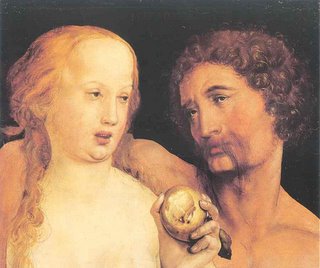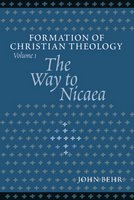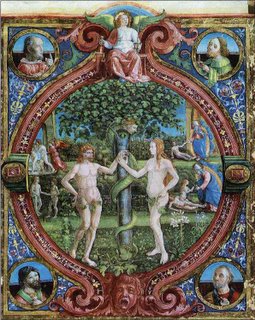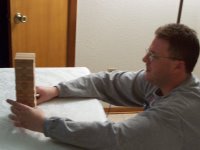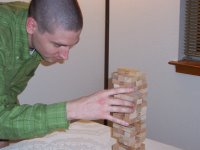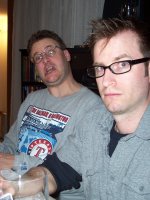I love theology. However, I do not love theology simply for the sake of theology. Rather, I love theology because it directs me to the triune God, to the gospel, to the resurrection of Jesus, to the things of God. Theology is a means, if you will, to the proclamation of the gospel, to the understanding of the triune God; it stems from the Scriptures and should always turn back to the Scriptures: like a perfect circle. The gospel has always been discourse or proclamation. It was initially proclaimed, long before it was written down. Therefore, theology is also discourse since its source is the gospel. That is why theology can never be done in a vacuum, it must be discussed, it must be prayed, and it must be proclaimed.
I wanted here to provide some quotes about theology and the task of theology by some of the greatest theologians to ever take up pen and write theology. These quotes come from men who had very different backgrounds, upbringings, and quite different educational backgrounds. However, in and through all these diversities you can see a common thread at work in their thought. With that in mind, here is what some of the great thinkers had to say about theology:
“Now the seed and imitation (mimēma) of something which is given on the basis of a person’s capacity to receive it is quite different from that thing itself, of which the communication and imitation are received according to the grace of God.”
– Justin Martyr
---------------------------------
“The task which is laid upon theology, and which it should and can fulfill, is its service in the Church, to the Lord of the Church. It has its definite function in the Church’s liturgy, that is, in various phases of the Church’s expression; in every reverend proclamation of the gospel, or in every proclaiming reverence, in which the church listens and attends to God.”
- Karl Barth
--------------------------------
“Theology is taught by God, teaches God, and leads to him.”
-Thomas Aquinas
--------------------------------
“True theology is divided into: (1) infinite and uncreated, which is God’s essential knowledge of himself in which he alone is at the same time the object known (epistēton), the knowledge (epistēmōn), and the knower (epistēmē), and that which he decreed to reveal to us concerning himself which is commonly called archetypal; and (2) finite created, which is the image and ectype of the infinite and archetypal (viz., the ideas which creatures possess concerning God and divine things, taking form from that supreme knowledge and communicated to intelligent creatures, either by hypostatical union with the soul of Christ [ whence arises “the theology of union”]; or by beatific vision to the angels and saints who walk by sight, not by faith, which is called “theology of vision”; or by revelation, which is made to travelers [viz., those who have not yet reached the goal and is called “the theology of revelation”] or the stadium.
- Francis Turretin
---------------------------------------------
“Systematic theology uses the method of correlation. It has always done so, sometimes more, sometimes less, consciously, and must do so consciously and outspokenly, especially if the apologetic point of view is to prevail. The method of correlation explains the contents of the Christian faith through existential questions and theological answers in mutual interdependence.”
- Paul Tillich
----------------------------------------------------
“True theology has, therefore, for its essence, truth divine as revealed by the will of God; for its content, light, and power is not only fully worthy of complete trust, but rather can be stated to be totally and completely self-authenticating. No one can speak or feel worthily about God, or about divine matters, unless he is aided by God, and neither does anyone know God except by His own self-revelation through God the Son.”
- John Owen
-------------------------------------------------------
“Theology is to take for its rule the specific character by which the gospel is the gospel and not some other sort of discourse; theology must be thinking that guards the proclamation
in this authenticity.”
- Robert W. Jenson
------------------------------------------------------
“The truths of divinity are superlative excellency, and are worthy that all should make a business of endeavoring to grow in the knowledge of them. They are as much above those things which are treated of in other sciences, as heaven is above the earth. God himself, the eternal Three in one, is the chief object of this science; and next Jesus Christ, as God-man and Mediator, and the glorious work of redemption, the most glorious work that ever was wrought: then the great things of the heavenly world, the glorious and eternal inheritance purchased by Christ, and promised in the gospel; the work of the Holy Spirit of God on the hearts of men: are duty to God, and the way in which we ourselves may become like angels, and like God himself in our measure. All these are objects of this science.
- Jonathan Edwards













